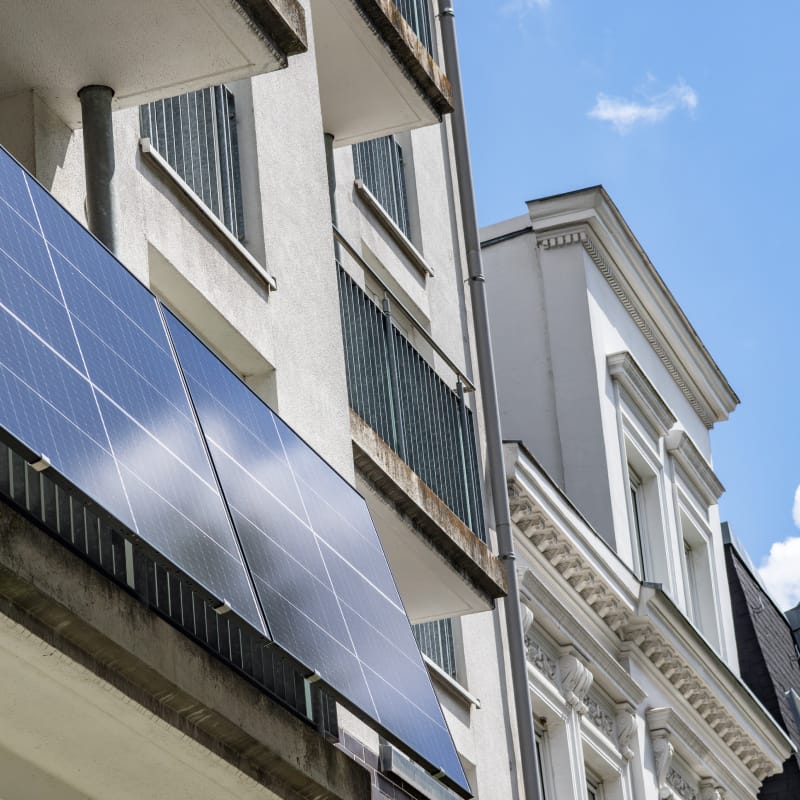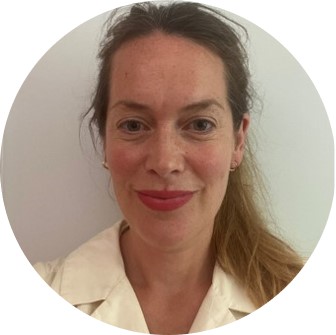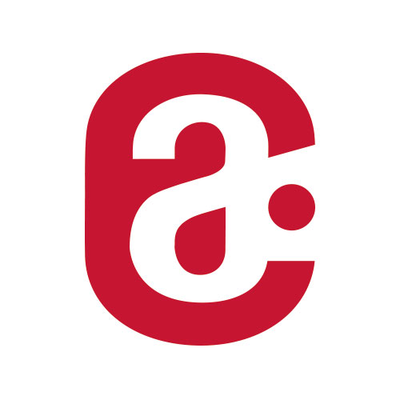1. When you are not working as an IP, what do you do?
I create digital products at Telos Labs, a software consultancy I founded focused on creating software that is beneficial for society. Most of our clients are social ventures or non-profits working towards social impact topics, such as teaching those on lower-incomes how to build a savings account, financial education, enhancing charitable giving and so on. We also work on e-commerce, and software-as-a-service projects, delivering high-velocity and quality software development for our clients.
2. How did you come up with the idea of starting a social impact start-up?
As someone who hails from Mexico, I’ve had a front-row seat to the failed development efforts of the past decades. This has made me aware of the significant challenges we face, for example, a potentially catastrophic climate crisis, resource depletion, persistent poverty and so on. I’ve had the privilege of receiving excellent education and training, so with my entrepreneurial efforts I am driven to give back by contributing towards impactful solutions to these problems.
Telos Labs achieves the goal of social impact in a few ways. Firstly, we hire and train people from Mexico and other Latin American countries directly, fostering a culture that focuses on empowerment, creativity and personal initiative. Seeing young and optimistic team members surpass my expectations and discover their own power is a deep source of motivation and inspiration for me.
Secondly, we work for many clients who share a commitment towards social impact. This makes going the extra mile even more meaningful, when the overall nature of the work is directed towards supporting people in need.
3. How does being an IP influence your social impact start-up and how does your social start-up influence your IP-career?
As an a-connect IP, I’ve had the opportunity to work on healthcare projects which have brought to the market therapies that have extended lives of patients. This opportunity, working side by side with a-connects’ clients, showed me the importance of focusing on patients first, and inspired me to focus my work to help those in need.
Further, many of our clients at Telos require more than simple web development. Often they need support crafting their technology strategy to meet their objectives. My training through over a decade of project work on a-connect projects taught me to identify ways to support an existing client organization by diagnosing gaps in perception or capabilities, and then to fill those gaps through a structured process.
I’ve also benefited from my experiences building web technologies at Telos. In particular, I was able to lead the IT implementation of a custom development for a large healthcare company in relation to an upcoming product launch.
4. What was your best moment since you founded TelosLabs?
I remember realizing last March how potentially destructive the onslaught of the pandemic would be for so many, and also possibly for us. Small companies are fragile and this would be the kind of event that could perhaps put us out of business.
So it was exhilarating and joyful when just a few months later we were able to help a client build an emergency fund disbursement program which provided ~$4 million in aid to lower-income families across the United States. My team was able to build the technology to receive the approvals, verify identities to prevent fraud, and automate the payments to thousands of people within a few weeks, ahead of the government of the United States. Certainly, doing something to address the crisis directly is my preferred way of handling it.
5. What were the biggest challenges since you founded TelosLabs?
The landscape around web technologies is constantly changing with new technologies, demands and practices. The work requires a constant learning of these new external possibilities, as well as diligence on quality in our own software development process. All this while at the same time clients make demands to add features to platforms that grew ever more complex and larger in user scale.
Perhaps the most challenging moments have been discovering an application error that requires urgent remediation. In these times, it is not enough to be technically proficient enough to find the root cause and resolve it. These moments also stress the human system of the company, as they are evidence that something went wrong in the quality process and that some gap in skill or execution occurred.
So I try to use these moments to practice our values and culture with the hopes that such discipline will help others absorb such behaviors. By reacting with patience, care and diligence, and avoiding a blame mentality, I believe we minimize such problems and help others meet the demands of the job in the long run.
6. Any advice from one entrepreneurial IP to the others?
The opportunity to work on challenging and exciting a-connect projects constitutes an amazing opportunity for any entrepreneurial IP. On the few occasions that I had down-time from project work, I was able to develop a few business technologies. These experiences provided me with valuable experience which I later used to build Telos. So the rhythm of work via a-connect can be a good launching pad for opportunities that would otherwise entail too much risk for someone who works in a full-time job.
I also believe that a-connect projects provide a significant opportunity to continue one’s personal growth and learning. These projects entail work at quite a different scale than a small business or startup, the demands for being effective in a larger organization, for mobilizing large teams, for crafting plans that withstand scrutiny, and for executing at the level required by a corporation has been a source of personal growth.
Recently, I’ve learned that to be able to seize these moments, it is very important to work effectively in setting up a company rhythm and team that can handle the bulk of the operation to allow for the sustained intensity that an a-connect project demands. But I believe this challenge is well worth it.





